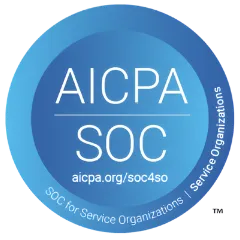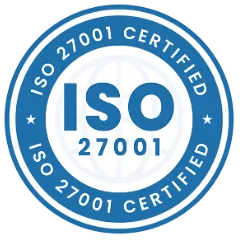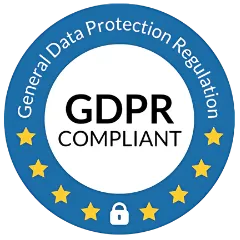There are lots of organizations that struggle with keeping track of the many assets they own, where they are located, and who is using them! Some organizations utilize manual methods such as spreadsheets, pen & paper methods, etc. These methods are not effective as they are not accurate. When an organization does not have this information then asset misplacement, theft, and misutilization of assets increases. If your organization is facing frequent issues, then it is high time to create and maintain an asset register. In this blog, we will know how crucial a role an asset register plays for an organization! So, let us begin but first let us cover the basics!
So, what is an Asset Register?
An asset register has all the information of each asset that belongs to an organization. With the asset register, you can know how many assets your organization has! It also lets you know each asset purchasing date, expected asset life, disposal date, price, current asset assignment status to employees, asset movement, asset movement history, asset maintenance, etc. In the asset register, you can put images, videos, and documents like invoices and challans that are related to each asset individually that help in different scenarios and tracking the assets.
Why an asset register is important?
The reasons given below make an asset register crucial for any organization:

Complete Asset List
The accurate number of assets your organization has. You can gather a complete asset list with an asset register. Apart from that, you can also know specific location is equipped with how many assets. An asset list is helpful when you perform an asset audit as it lets you know the exact number of assets.
Asset Condition
Effective asset register enables organizations to keep track of asset and their condition as well. It is helpful to organizations in finding crucial information such as how frequently the asset is given maintenance and the expenses done in each maintenance. These data types are helpful to the organization while performing asset maintenance.
Decreasing Asset Theft
If an organization does not keep track of its assets, then the chances of asset theft and asset misplacement are increased. Sometimes employees take assets to their homes for their personal use and as a result, business suffers. But when an accurate asset register is maintained the chances of asset theft are decreased and employees are responsible for an asset they are using, and they must return it back after work is done so it makes them responsible for the asset they are using.
Asset Depreciation
When an organization owns a lot of assets keeping track of their depreciation becomes hectic and if this process is done manually then the chances of error are greater. However, with the asset register depreciation of guilt in the appreciation calculation of asset becomes simple and automated so it saves time.
Asset Auditing
Asset register plays a crucial role in asset auditing as you can easily verify how many assets your organization owns and where they are located and who is using them. Each asset data is helpful in the asset auditing procedure. Performing physical asset verification and checking asset conditions is important in the asset auditing procedure. Moreover, total spending done on asset and maintenance receipts are useful in asset auditing.
Asset Movement History
Lots of times it has been seen that when assets are moved from one place to another, assets are not misplaced & the reason being they are not properly tracked and verified by employees. Without knowing assets are sent to other places. As a result, asset theft and misplacement occur. With an asset register, you can avoid asset theft as you can keep track of asset movement. As an asset register enables you to maintain an asset movement trail that keeps track of assets and lets you know the location of the asset.
License Renewal & Warranty-related Data
With effective asset register software you can keep track of renewal dates so that the license is valid. The system will alert you before the expiry date and you can renew it. It assists the organization in maintaining compliance. Similarly, you can keep track of warranty-related information and you can set an alert so that before the asset’s warranty expires you can decide either to keep using it or return it.
Asset Infinity is the last word on Asset Registers
Asset register helps in managing assets efficiently. It becomes hectic when organizations maintain assets manually. As all the calculations, data entries are done manually so data accuracy is prone to error. In this way, accuracy can be compromised, which is why investing in automated software is essential for an organization. It will provide a systematic approach to keeping track of assets and you can manage them efficiently. Moreover, the chances of errors will be minimized, and this data will be helpful in future references. For an organization that is equipped with lots of assets, and that keeps moving its assets from location to location, then maintaining an asset register will give your business an extra edge.
Frequently Asked Questions (FAQs)
What kind of asset data can be included in an asset register?
Asset name, asset price, purchasing date, depreciation method, asset life ending date, asset location, compliance & warranty details, maintenance details, etc. These types of data can be included in an asset register.
What are the advantages of an asset register?
The advantages of an asset register are given below:
- Useful in tax & depreciation purposes
- Get a complete asset list
- Helpful in making strategic and informed business decisions
- Asset auditing
- Purchasing & disposing of assets on time
What are the various methods used in depreciation calculations?
Straight-Line & Double Declining Balance are the most popular methods used by organizations. Apart from that, there are several other methods as well such as units of production & sum of years' digits.

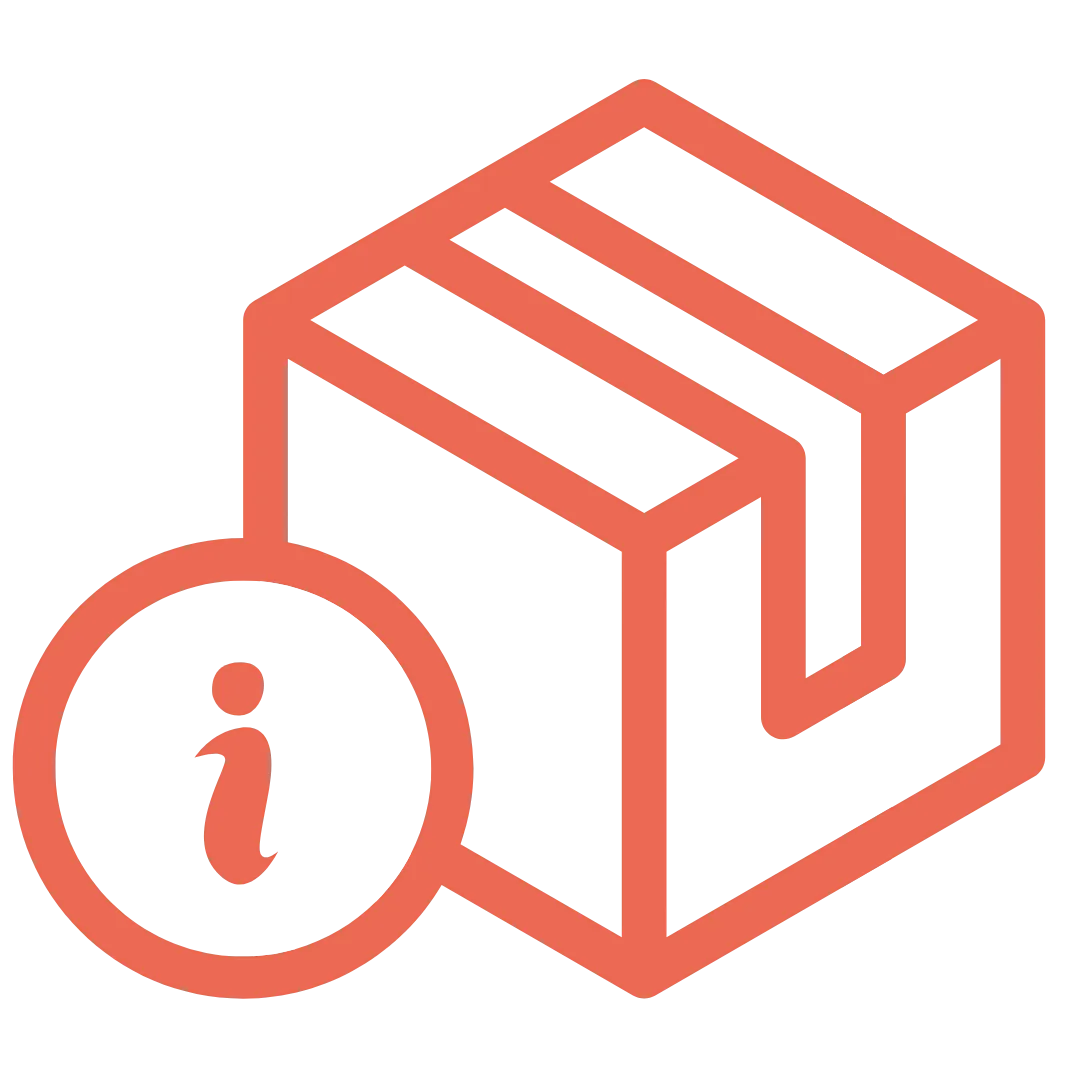
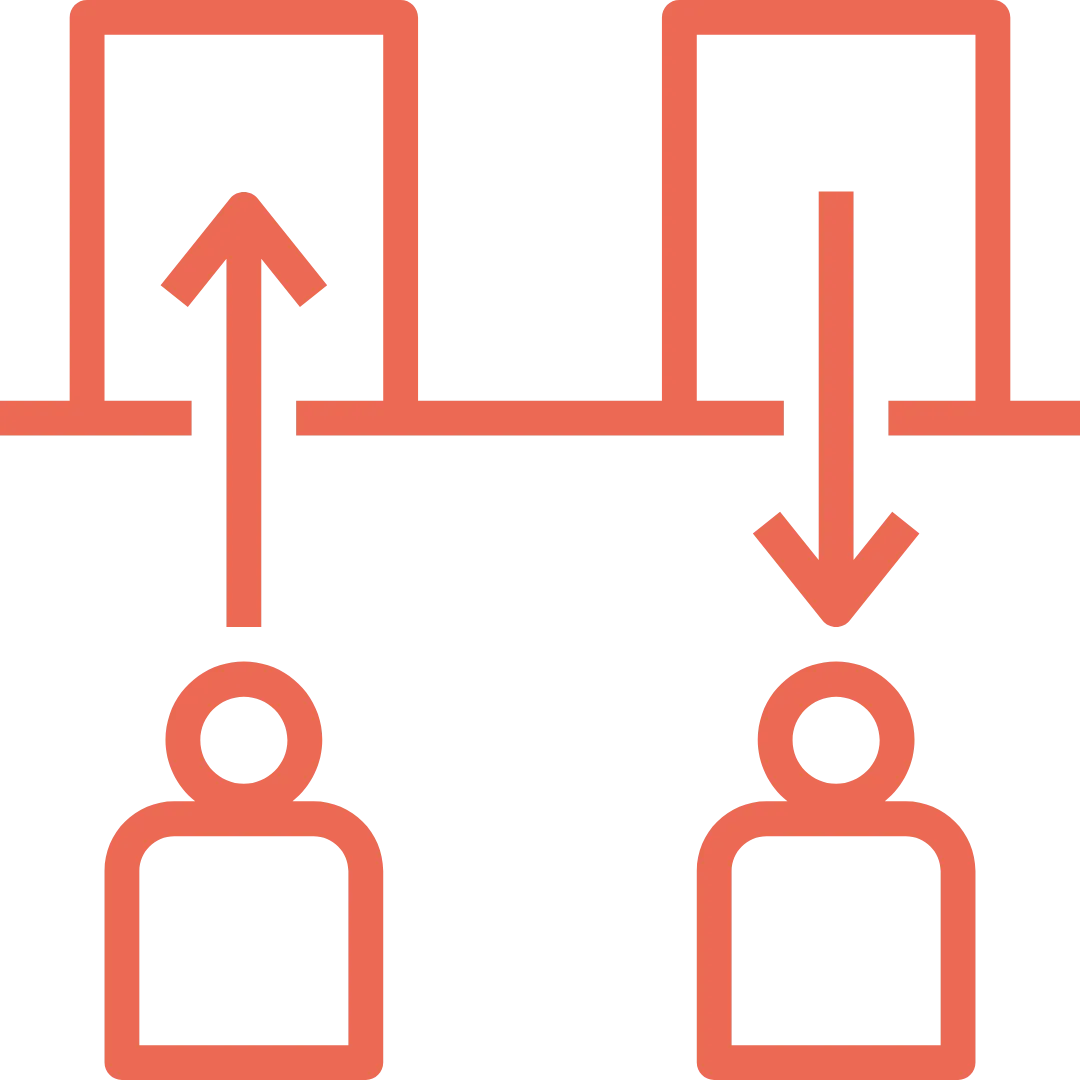







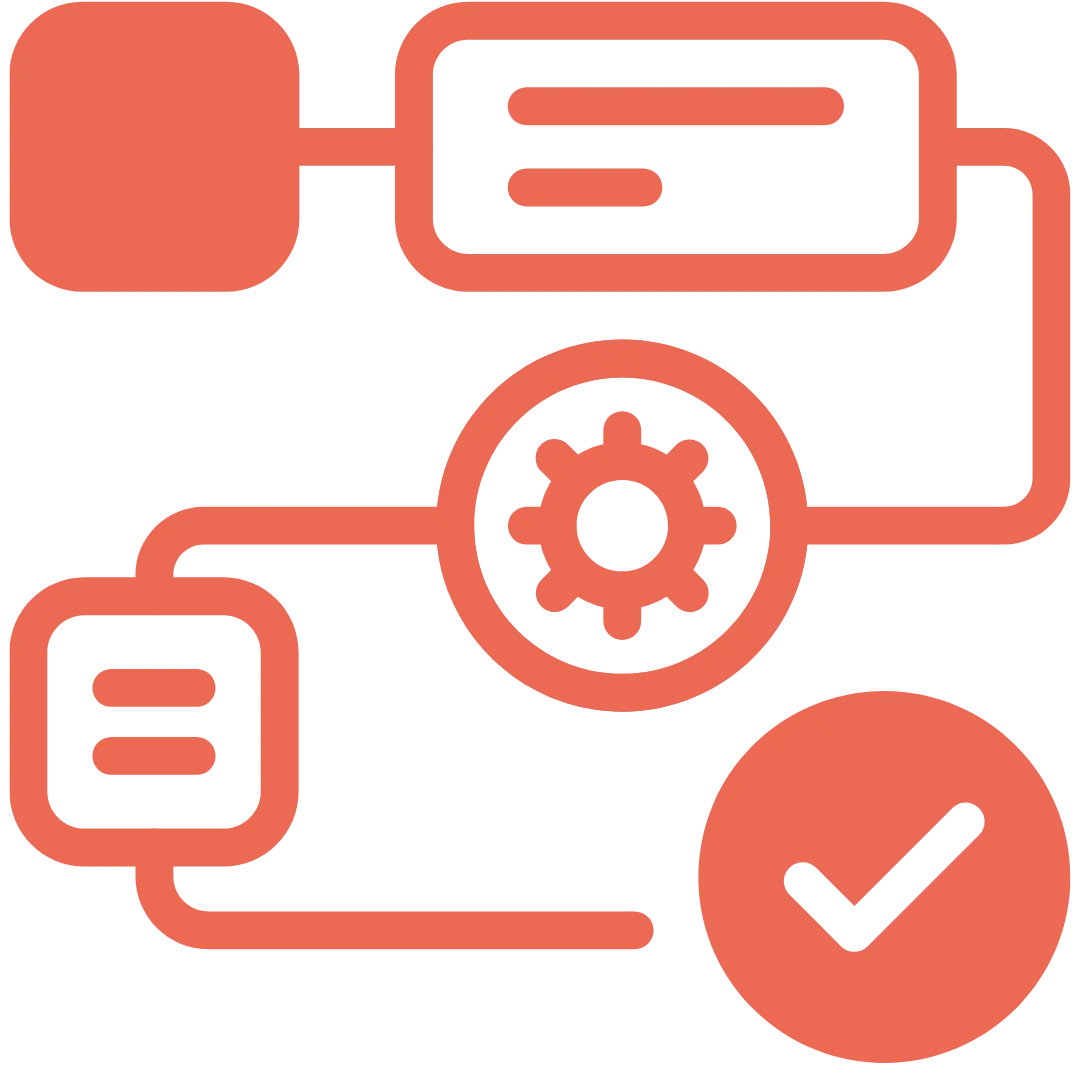
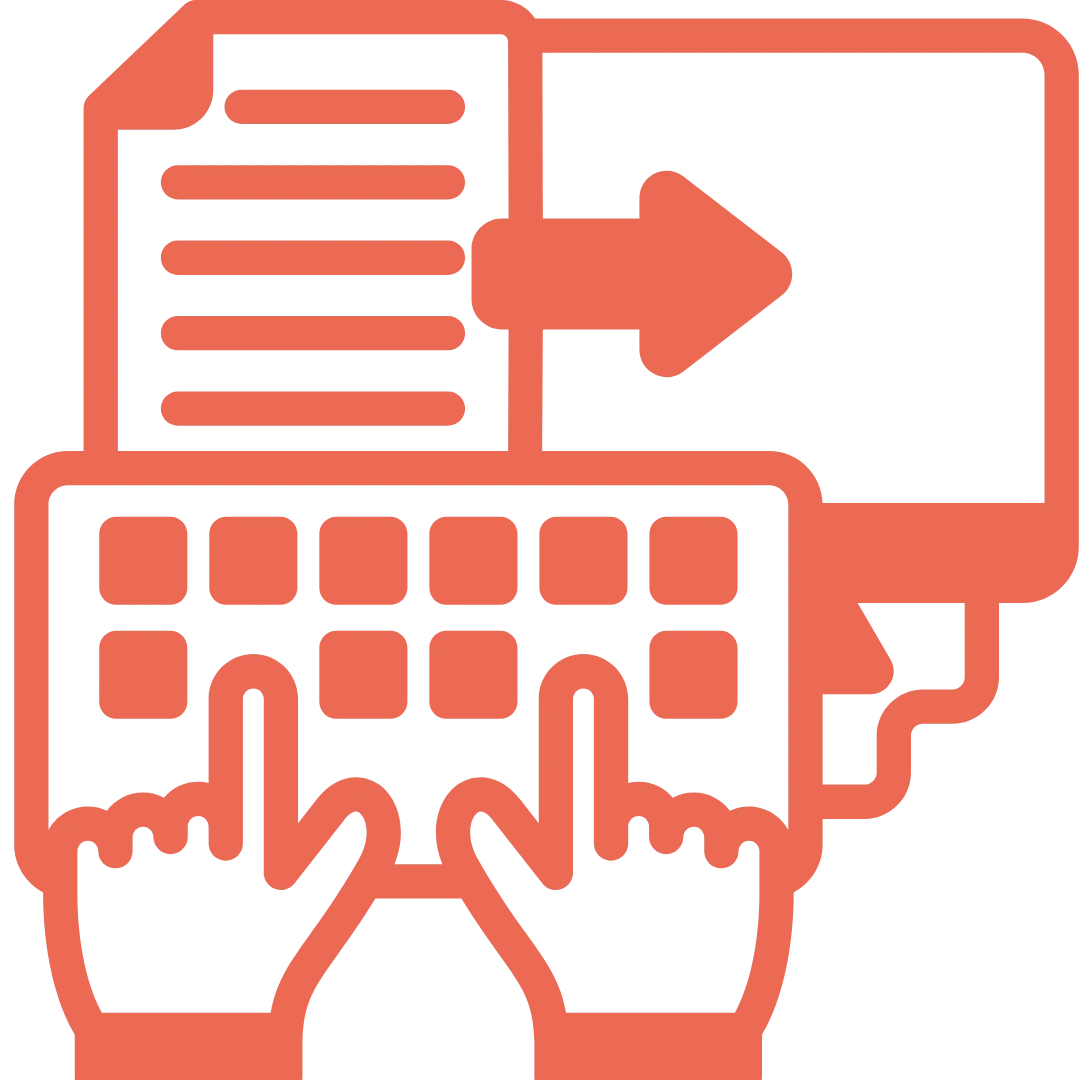
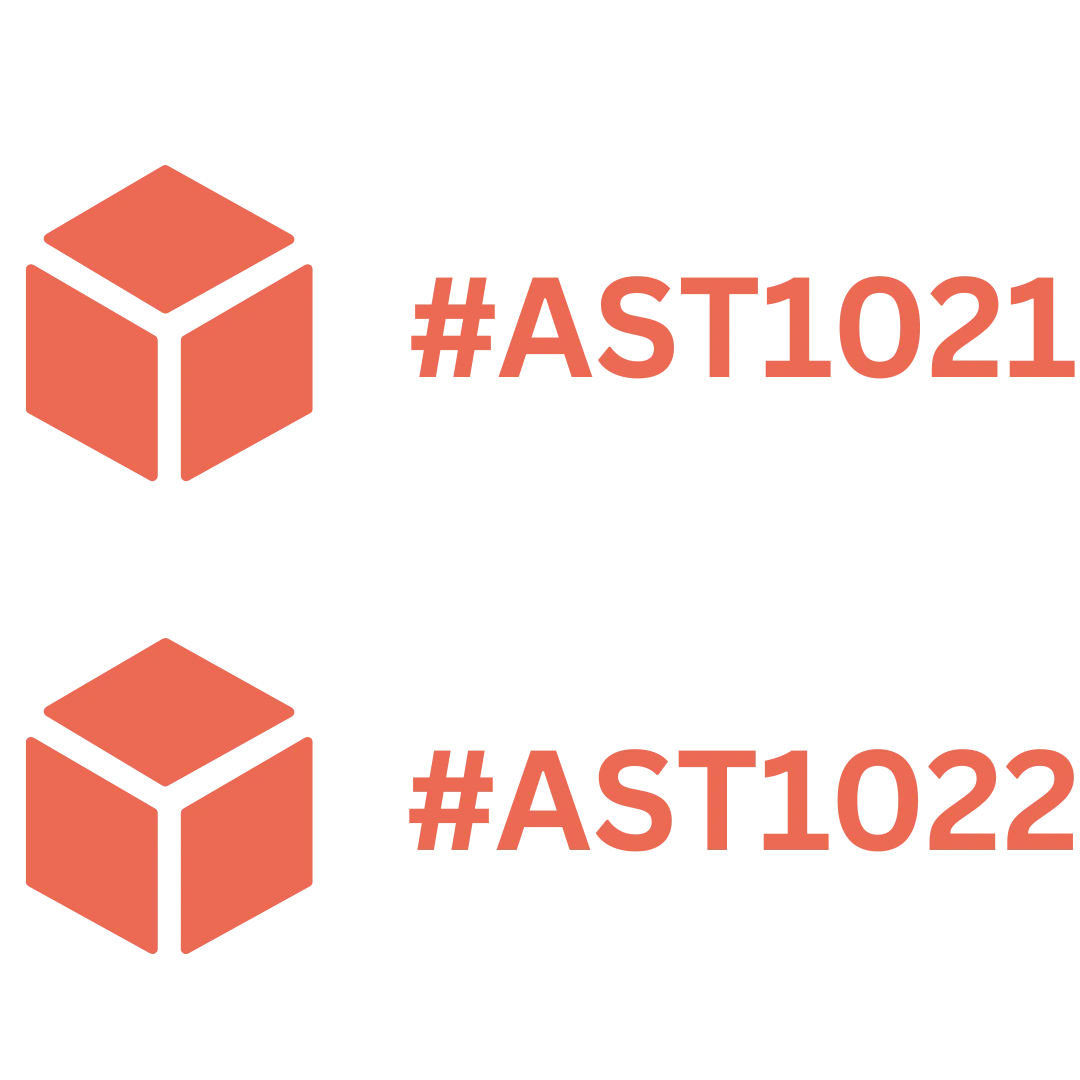

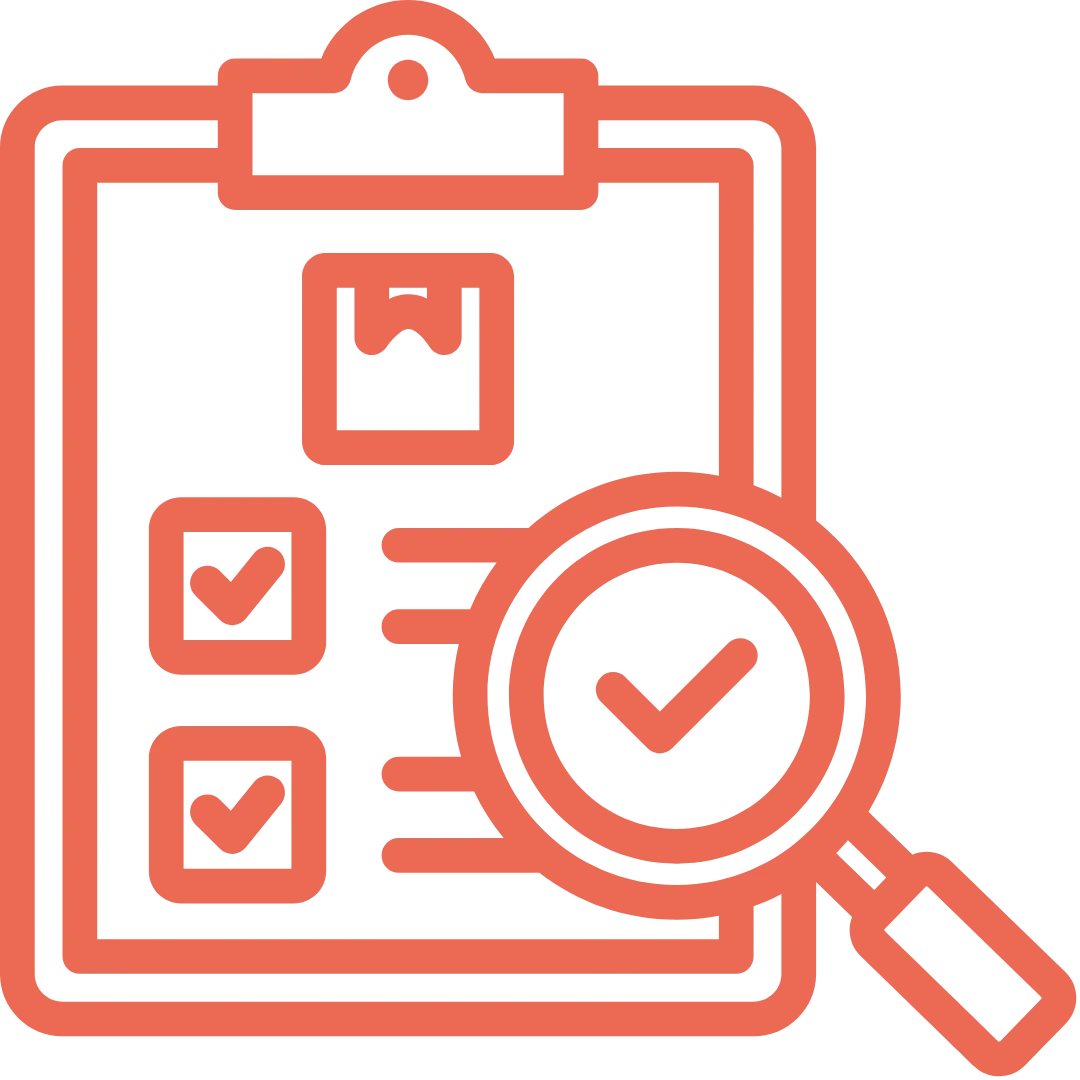

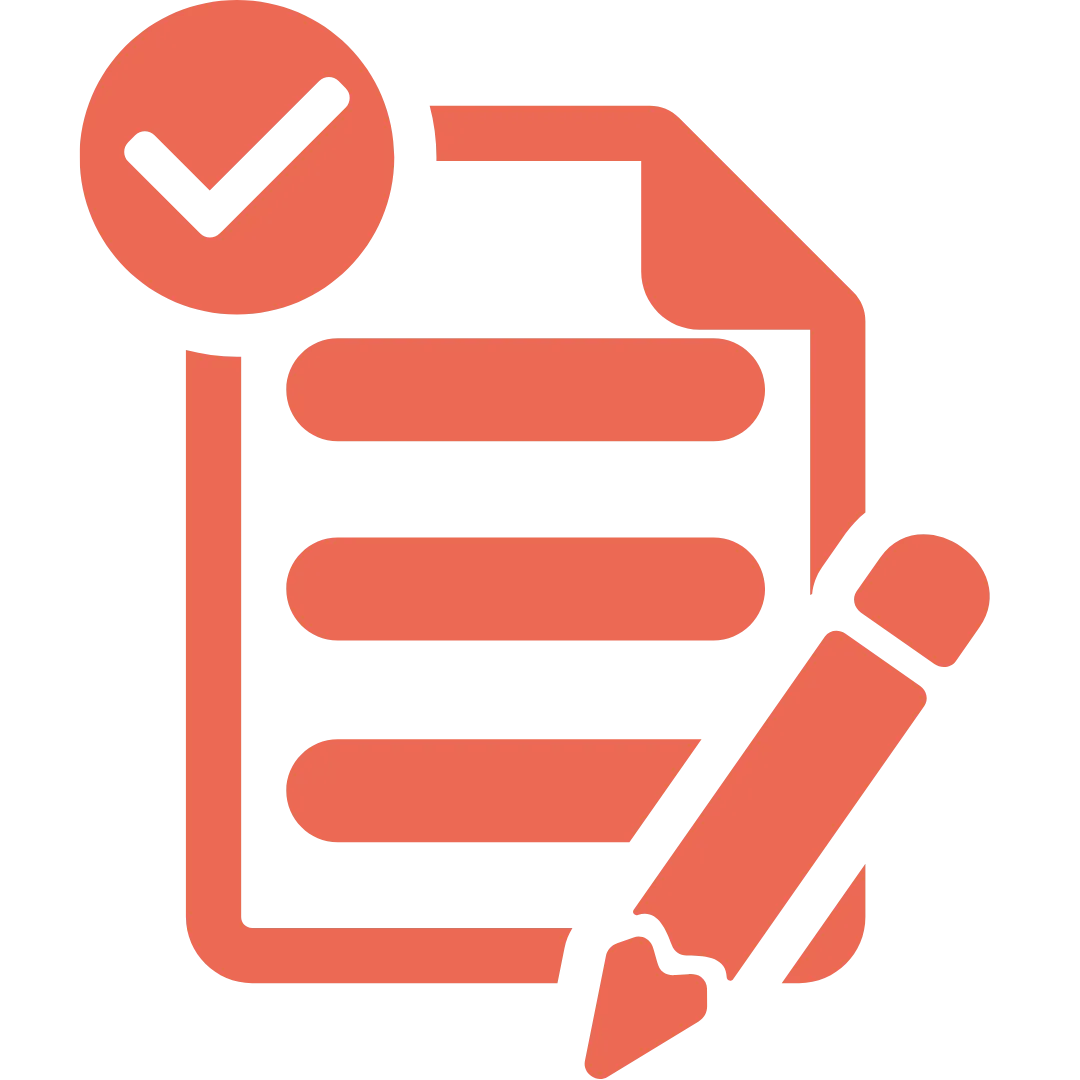

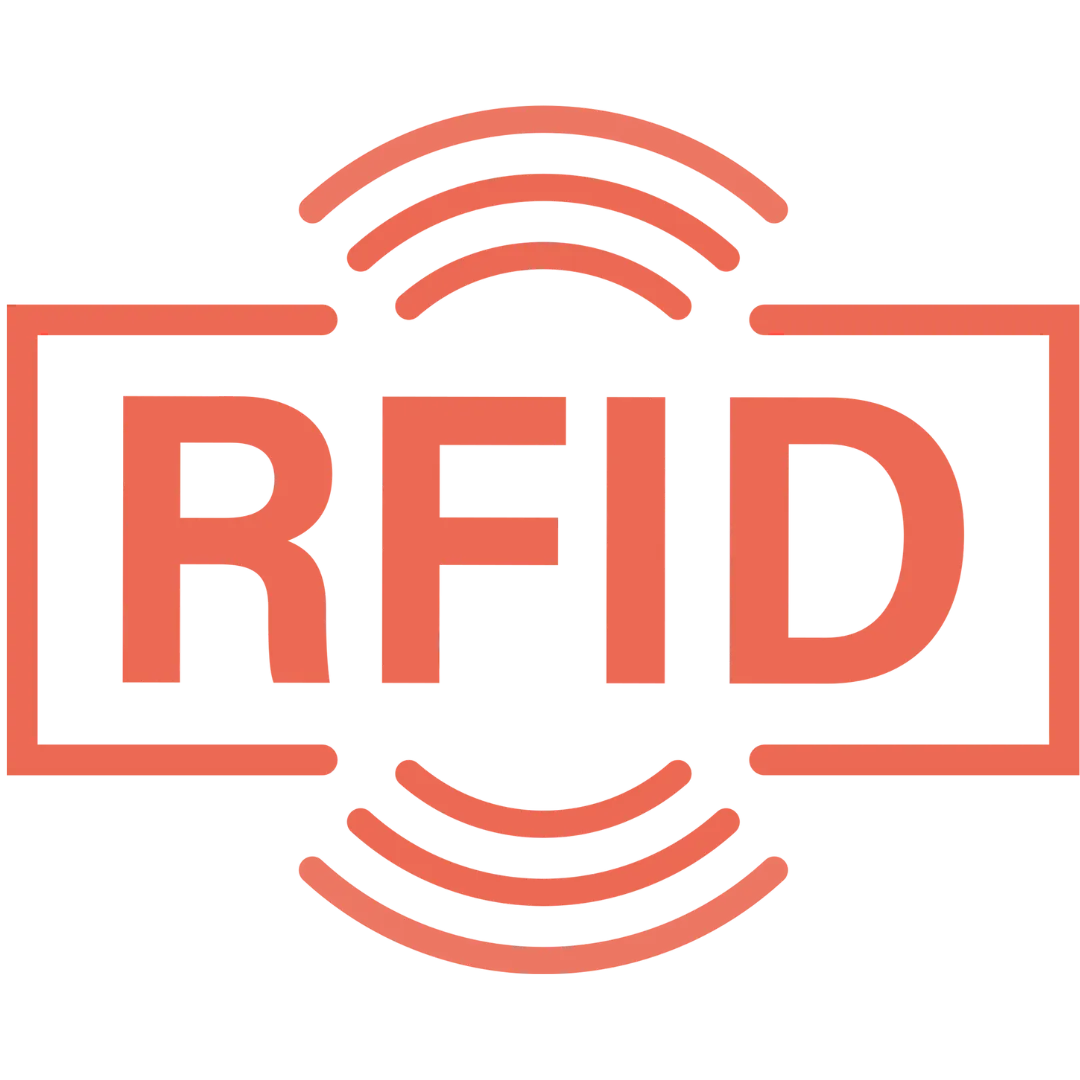

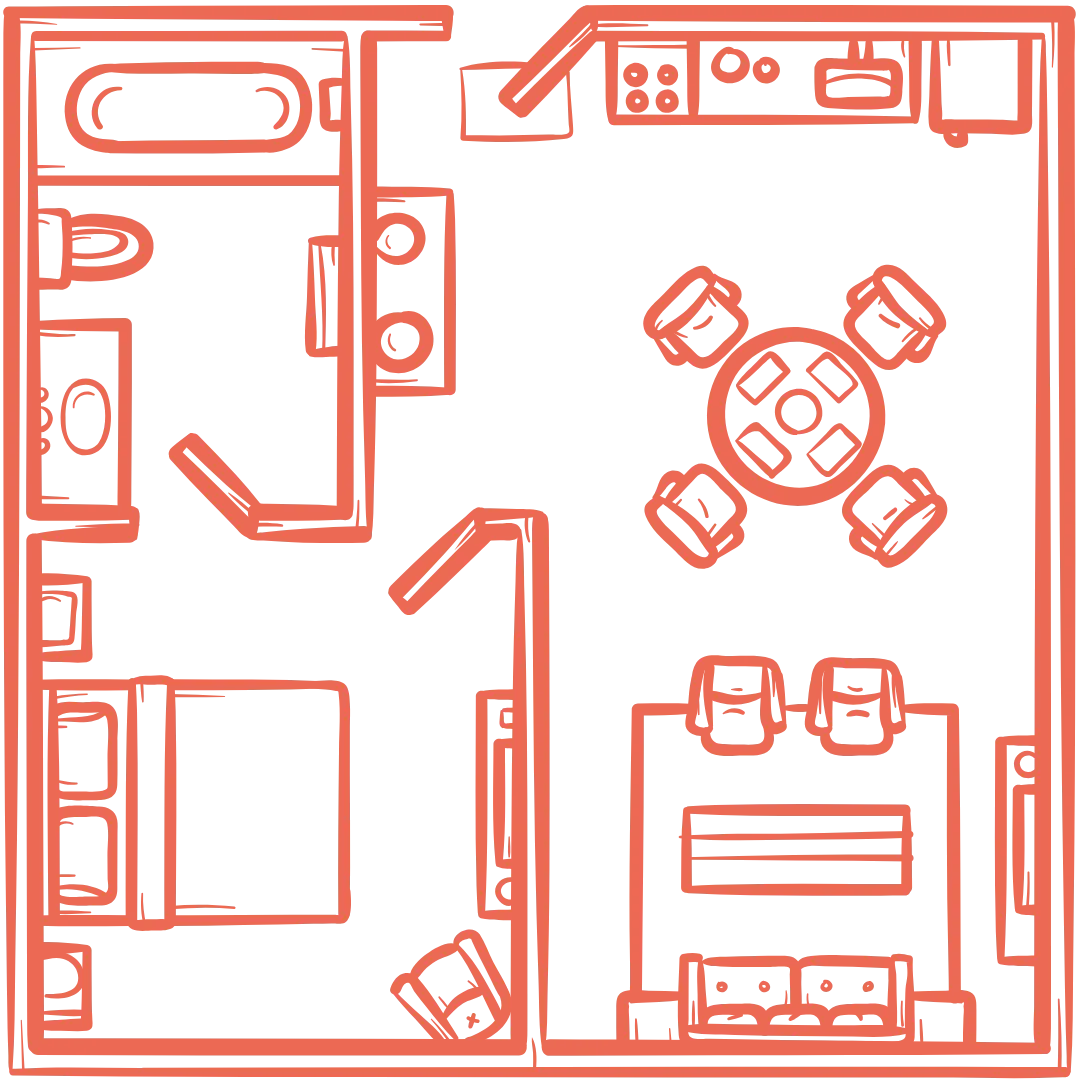




























.webp)
.webp)
.webp)
.webp)
.webp)
.webp)
.webp)
.webp)
.webp)

.svg)




.webp)
.webp)






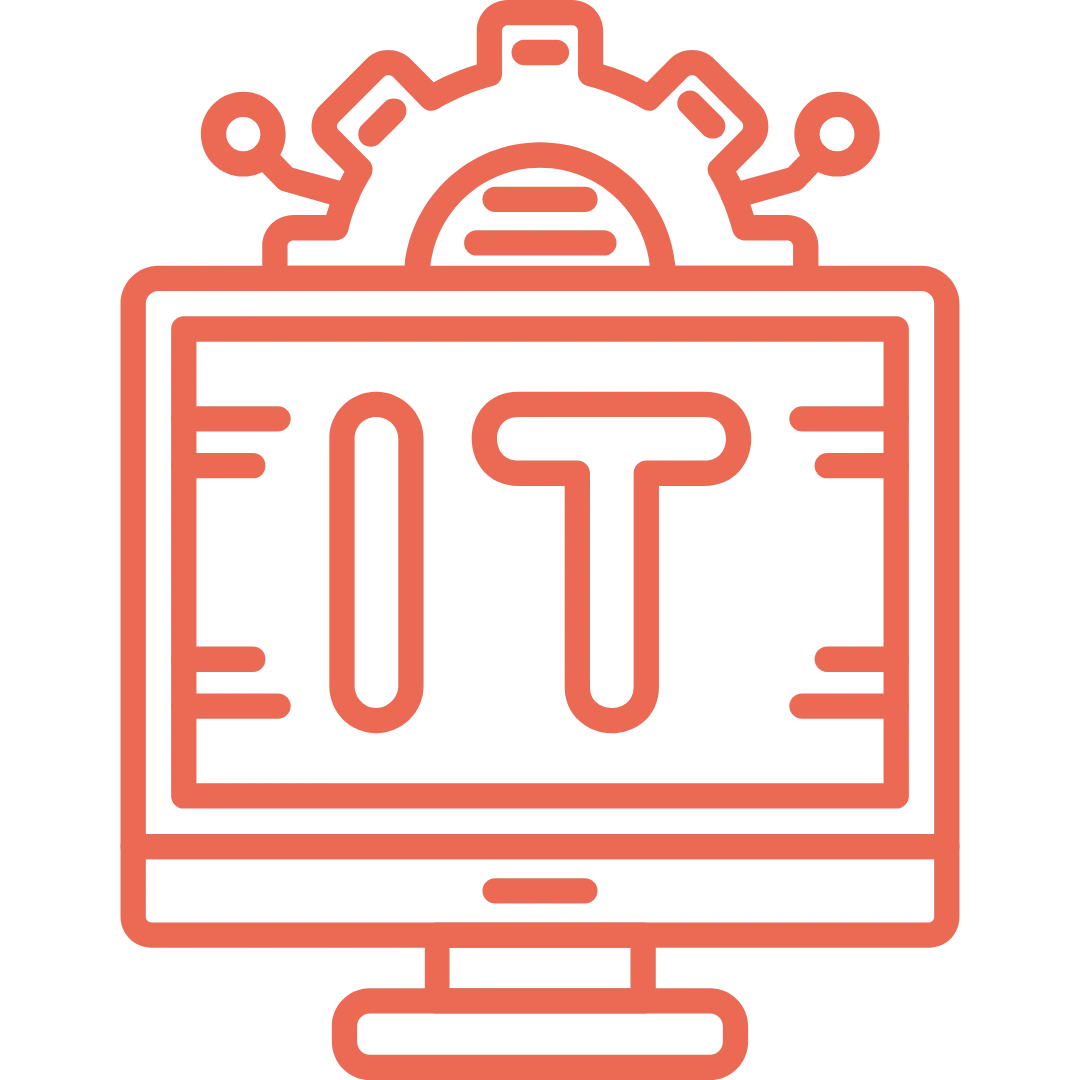


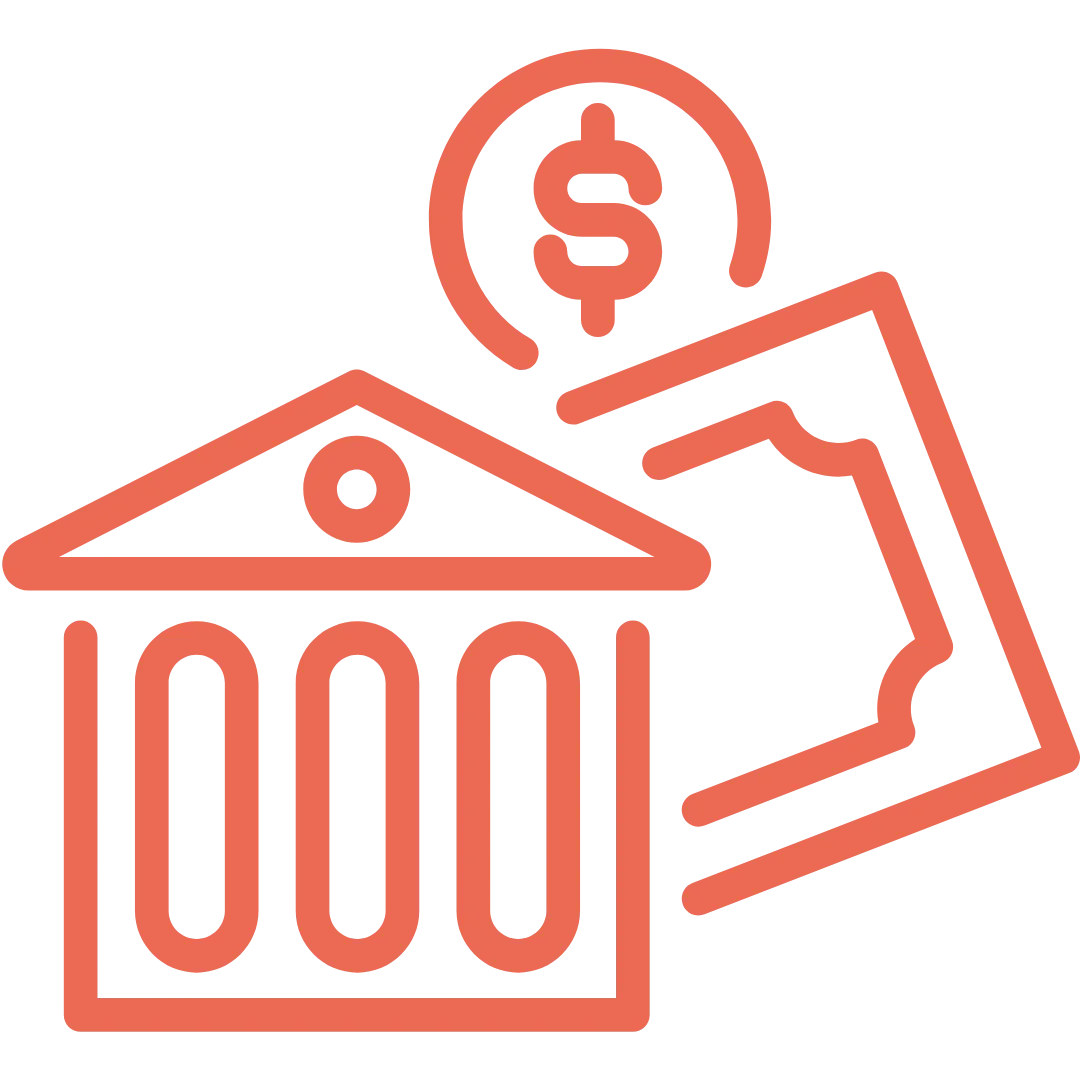




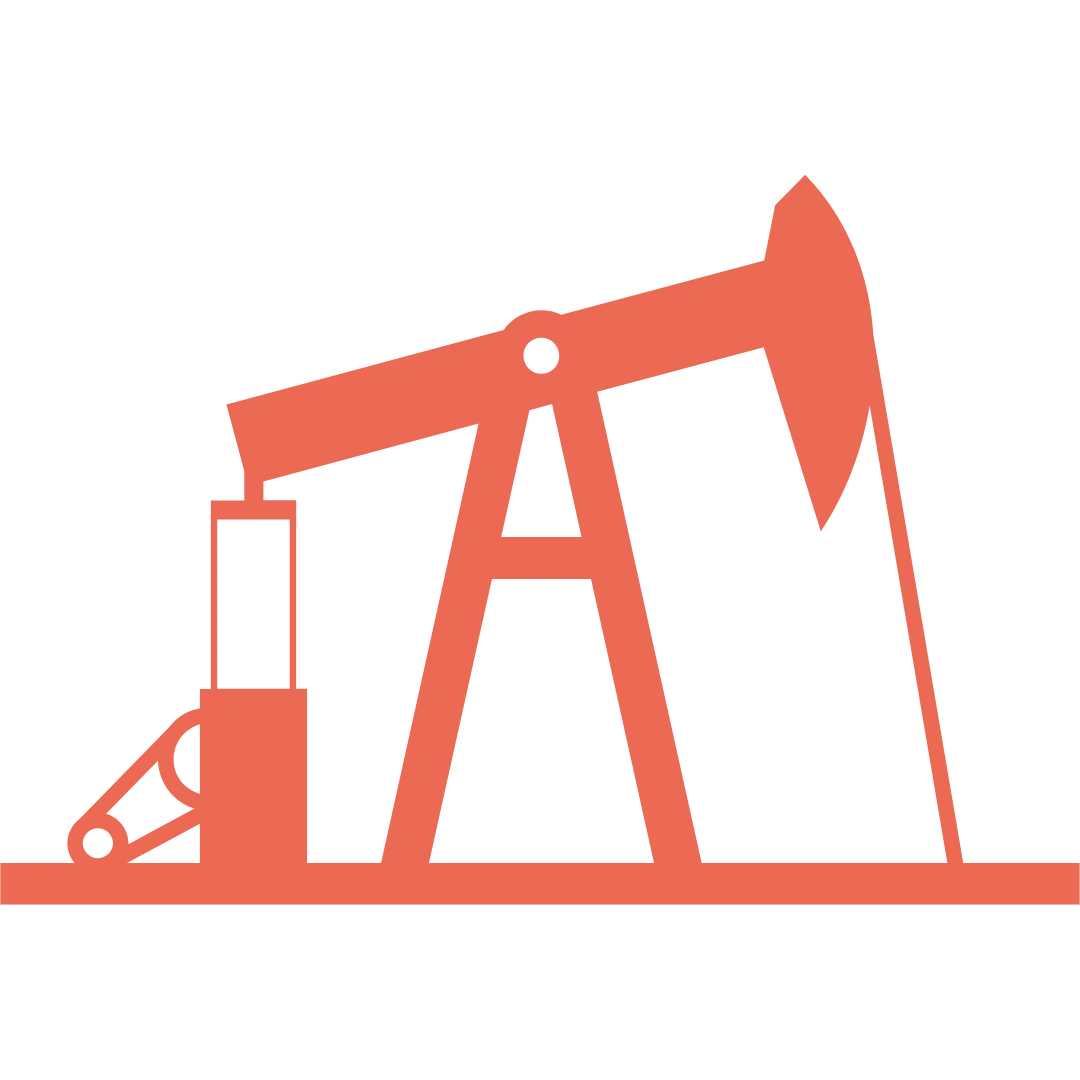



















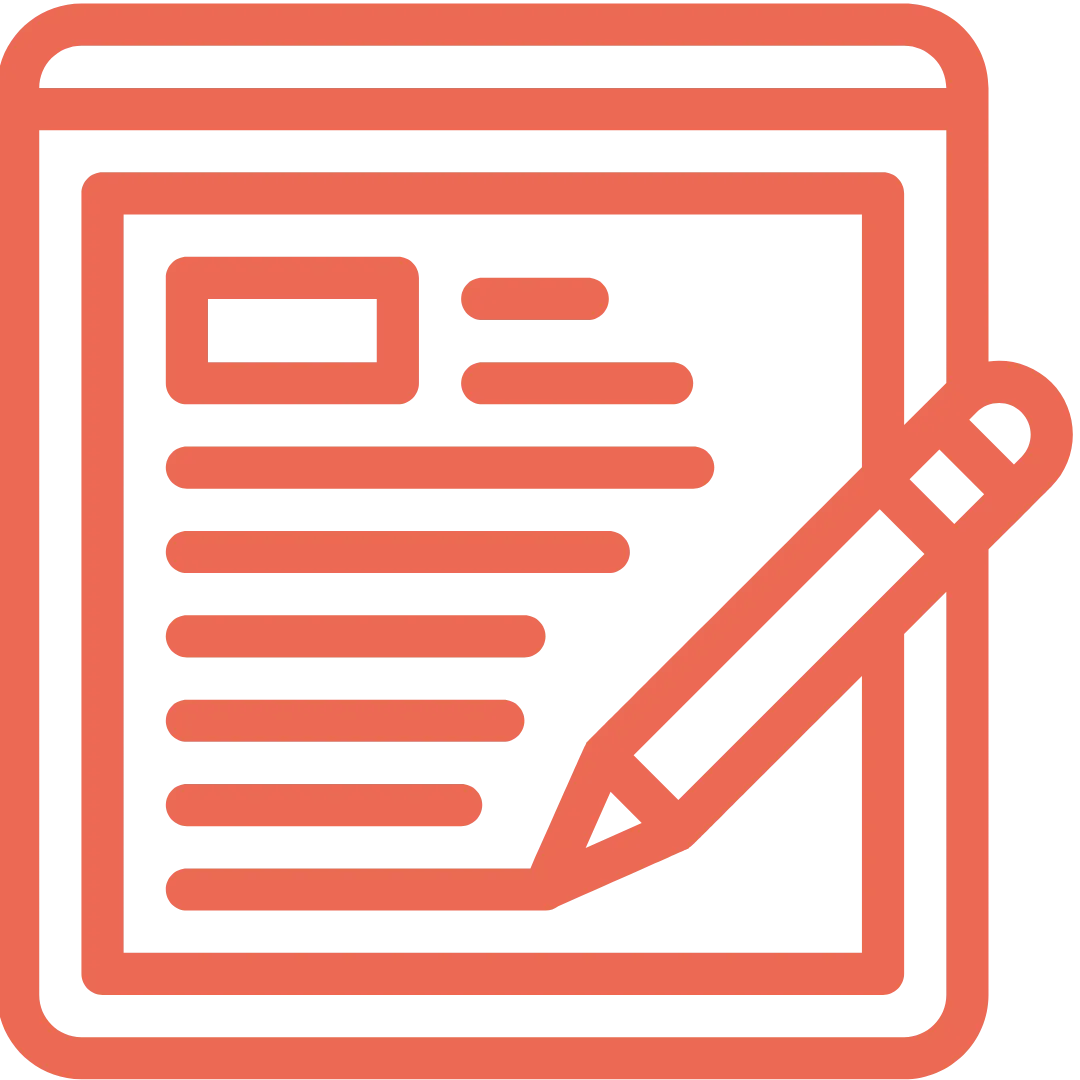








.png)



.webp)

















